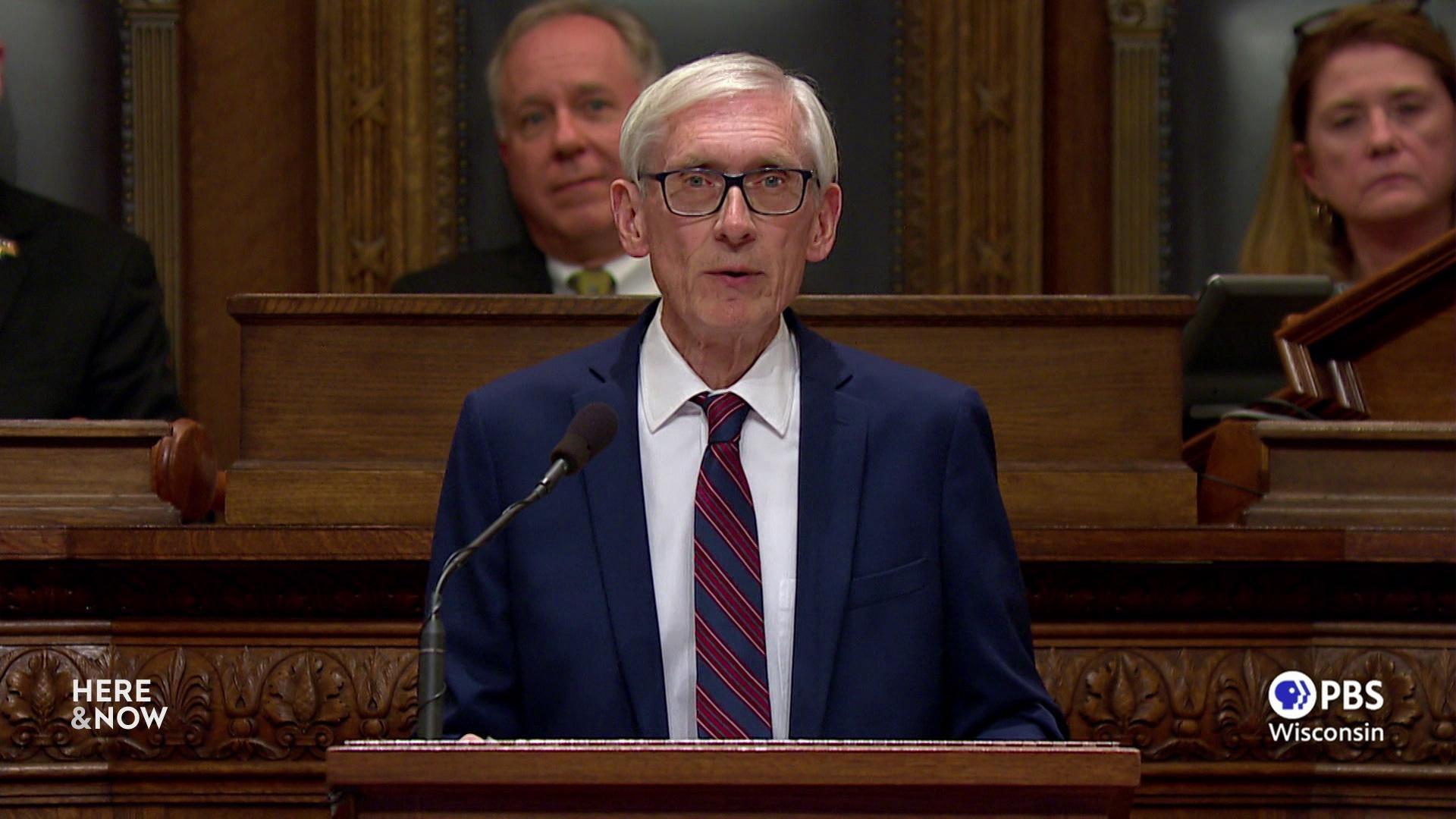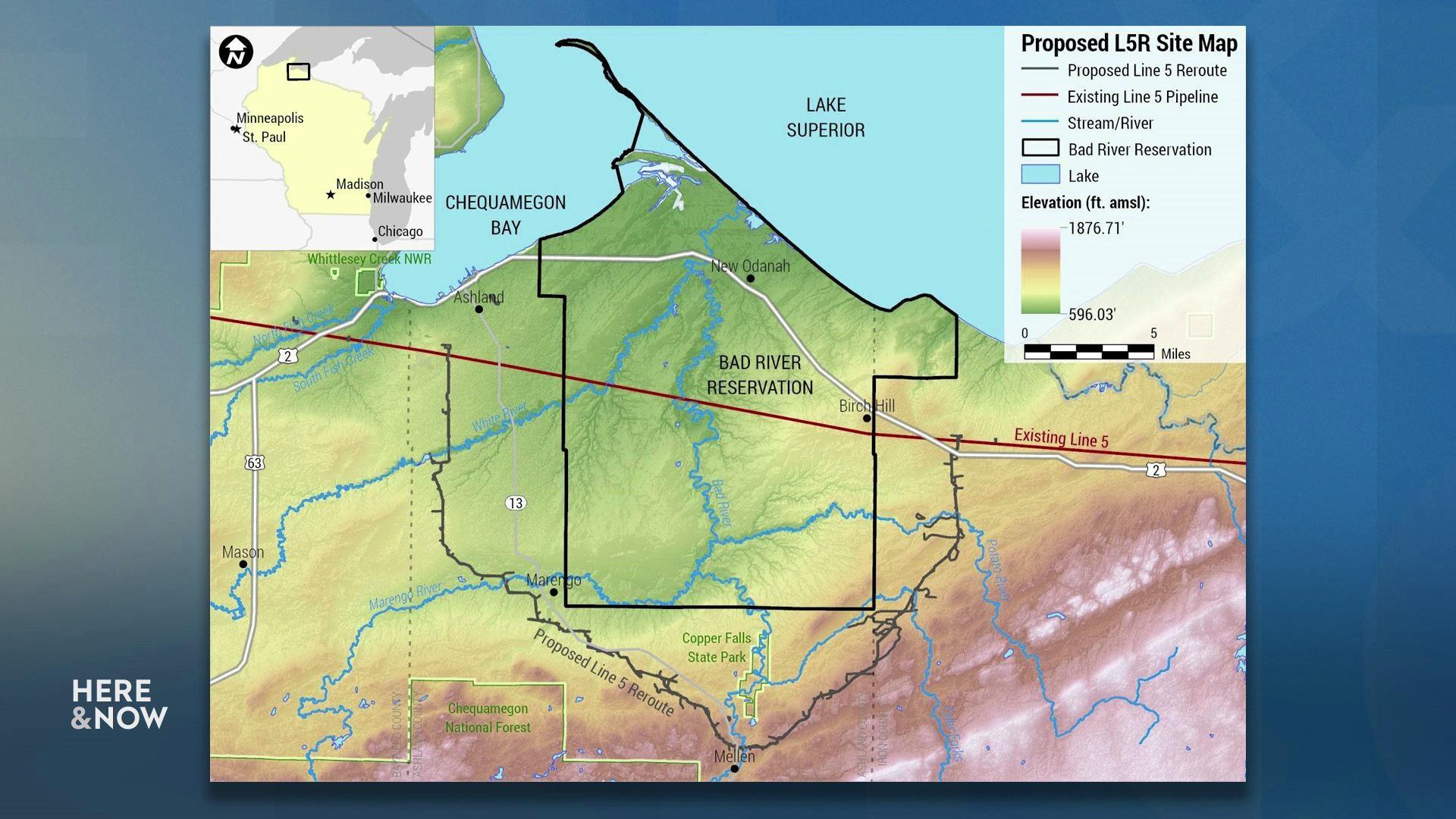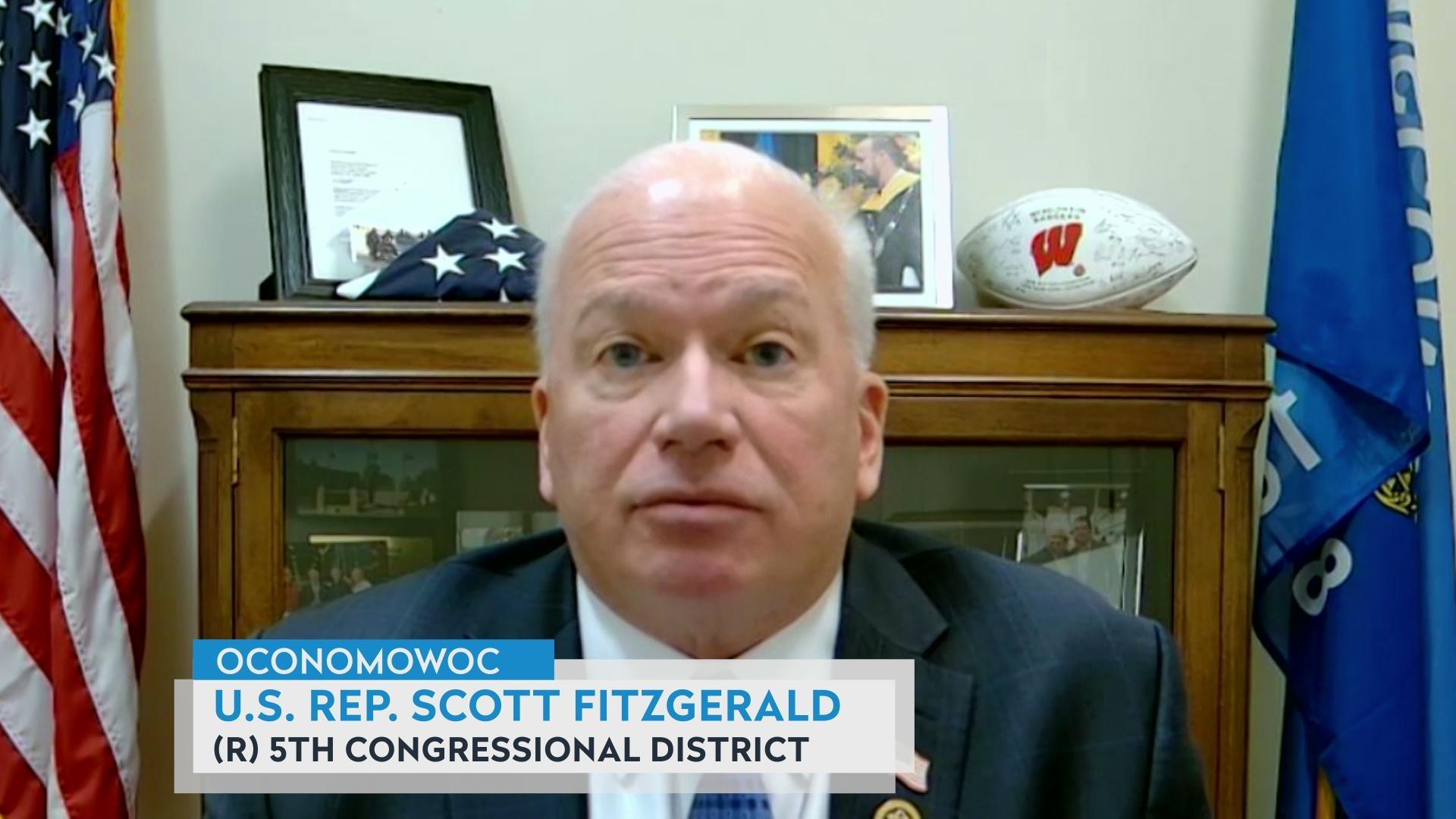Fallout from errors on unemployment claims
By Frederica Freyberg | Here & Now
May 6, 2022
Victor Forberger, a labor attorney in Madison, explains ongoing problems with Wisconsin's unemployment insurance system in the wake of the pandemic and what happens if claimants make application complaints.
 Passport
Passport











Follow Us